After many years of existence in the legal "gray zone", the crypto asset market in Vietnam has officially entered a new page. Resolution No. 5/2025/NQ-CP, recently issued by the Government , has opened up many pilot mechanisms and unprecedented regulations, from the legal framework for investors and businesses to the monitoring mechanism... both promoting innovation and ensuring the safety of the financial system.
The crypto asset market in Vietnam is being piloted for 5 years, then continues to operate until new regulations are in place.
Vietnam – a leading potential market
According to 2024 statistics from the cryptocurrency payment gateway Triple-A, Vietnam currently ranks second in the world in terms of the percentage of people owning cryptocurrencies, reaching 21.2% of the population, just behind the UAE (34.4%) and higher than the US (15.6%).
Mr. Phan Duc Trung, Chairman of the Vietnam Blockchain and Digital Assets Association (VBA), commented that the new Resolution opens a completely new phase for the crypto asset market. This is not only a positive signal, but also the first step of implementation under the law, demonstrating the determination to put the crypto asset market testing activities into a transparent and supervised framework. The investor and business community has been expecting for many years for an official legal framework for the market.
From a comparative perspective, Mr. Le Bao Nguyen commented that Vietnam has its own advantages compared to Singapore and some other countries. "If Singapore is strong in services, then Vietnam has two outstanding advantages: a large market size and a large, professional project development and operation team," Mr. Nguyen said.
Mr. Nguyen also emphasized the advantage of blockchain being an open source technology. Vietnamese people have the ability to access, learn and exploit open source code very quickly, thereby creating a solid foundation for breakthroughs in this field.
Emphasize safety
An important point of the Resolution is the regulation that crypto assets must be linked to real assets. Vietnam classifies them into two groups: those linked to real assets such as land, goods, stablecoins and those not linked to real assets according to international standards. "This is the basis for Vietnam to orient the market to become a capital mobilization channel, increasing liquidity for the economy , but will be separate from stocks or fiat money," said Mr. Trung.
Mr. Dao Tien Phong, managing lawyer at Investpush Legal, commented that the Resolution marks an important step in building a legal corridor for this field.
The resolution creates a basis for investors to participate in the market more transparently and protected, when transactions in Vietnam are only conducted through licensed Crypto Asset Service Providers. This helps reduce risks arising from spontaneous trading activities, while enhancing the security and transparency of the market.
For project owners issuing crypto assets or providing services related to crypto assets, the Resolution sets strict requirements on registration, transparency of issuance information, custody and compliance with anti-money laundering (AML) and know-your-customer (KYC) regulations. Non-compliant projects will face legal risks, while those that fully meet the requirements will be allowed to operate legally, creating prestige and opportunities to expand the market within the pilot framework.
Fintech expert Le Duy Dien commented that the Resolution creates the first legal framework for issuance, trading, custody and operation of crypto-asset exchanges, helping to legalize the role of businesses, reduce legal "gray areas" and protect investors.
"This is also a clear step to pave the way for the RWA model (real estate, goods, carbon credits, etc.) within the pilot framework. Notably, the Resolution stipulates the application of a temporary tax mechanism like securities," Mr. Dien said.
The special point is that the pilot framework only allows the offering and issuance of crypto assets to foreign investors through service providers licensed by the Ministry of Finance. Mr. Dien commented that this makes Vietnam a “regional sandbox”, while many ASEAN countries are still cautious.
"Therefore, Vietnam has become a testing destination for RWA with foreign capital flows, both creating revenue and increasing technological attraction, while encouraging international funds and global financial institutions to bring capital into Vietnam through the tokenization channel," the fintech expert said.
What do individual investors need to know?
Mr. Le Bao Nguyen, Deputy General Director of SSI Digital, said that the new regulation is primarily aimed at protecting the legitimate rights of investors. Accordingly, only licensed organizations with sufficient financial, technological and risk management capacity are eligible to provide services.
The key point, according to Mr. Nguyen, is the 6-month mark. According to regulations, after 6 months from the date the first crypto asset service provider is licensed, domestic investors who trade crypto assets without going through a crypto asset service provider licensed by the Ministry of Finance, depending on the nature and severity of the violation, will be subject to administrative sanctions or criminal prosecution according to the law.
“After this period, investors must strictly comply with transactions on officially licensed platforms. This is not only a measure to avoid legal risks, but also helps to preserve assets and rights in case of disputes,” Mr. Nguyen said.
“Stay away from unlicensed platforms, no matter how attractive the offers or the high interest rate promises. Equip yourself with basic financial knowledge and only invest within the risk range you can bear, instead of following the crowd effect,” he stressed.
Mr. Dao Tien Phong also commented that the provision on this 6-month time frame is currently confusing many investors because this provision does not clearly state that domestic investors trade crypto assets "in Vietnam", although the scope of regulation stipulated in the Resolution clearly states that it regulates the activities of the crypto asset market "in Vietnam".
“Therefore, it is necessary to understand that only when there are crypto asset transactions in Vietnam do we need to comply with this regulation,” he said.

Investors must strictly comply with transactions on officially licensed platforms (Photo: Unsplash).
Will adjust gradually when applied in practice
Mr. Phan Duc Trung pointed out that the biggest challenge in piloting the crypto asset market lies in international connectivity. “With more than 800 digital asset exchanges operating globally, Vietnam needs to determine a connection strategy so that the domestic market is not isolated,” he said. He also raised the issue of comparison that the Vietnamese stock exchange currently has limitations in technology, while the digital asset exchange requires continuous operation and cross-border connectivity.
Meanwhile, Mr. Dao Tien Phong commented that the Resolution helps reduce legal risks and promote digital economic development, but investors and project owners still need to note that this is only a pilot phase, not an official law. During the implementation process, the Government can adjust and supplement to suit the practical situation. He emphasized: "Participation in the market still requires careful consideration of the reputation of the floor, project, as well as the ability to comply and provide information transparency to ensure rights and minimize risks."
"During the pilot phase, I assess that this level of tightening is necessary to control risks, collect actual data and assess the impact of the crypto asset market on Vietnam's digital economy, finance and law," said Mr. Phong.
However, after several years of pilot implementation, when the monitoring mechanism, trading floor technology, legal basis, and capacity of licensed organizations have been completed, the market needs to be more open for sustainable development.
For example, diversifying transaction forms such as opening for decentralized exchange mechanisms, decentralized applications, expanding the mechanism of issuing crypto assets to raise capital and having a legal mechanism for cross-border transactions to increase liquidity for the market.
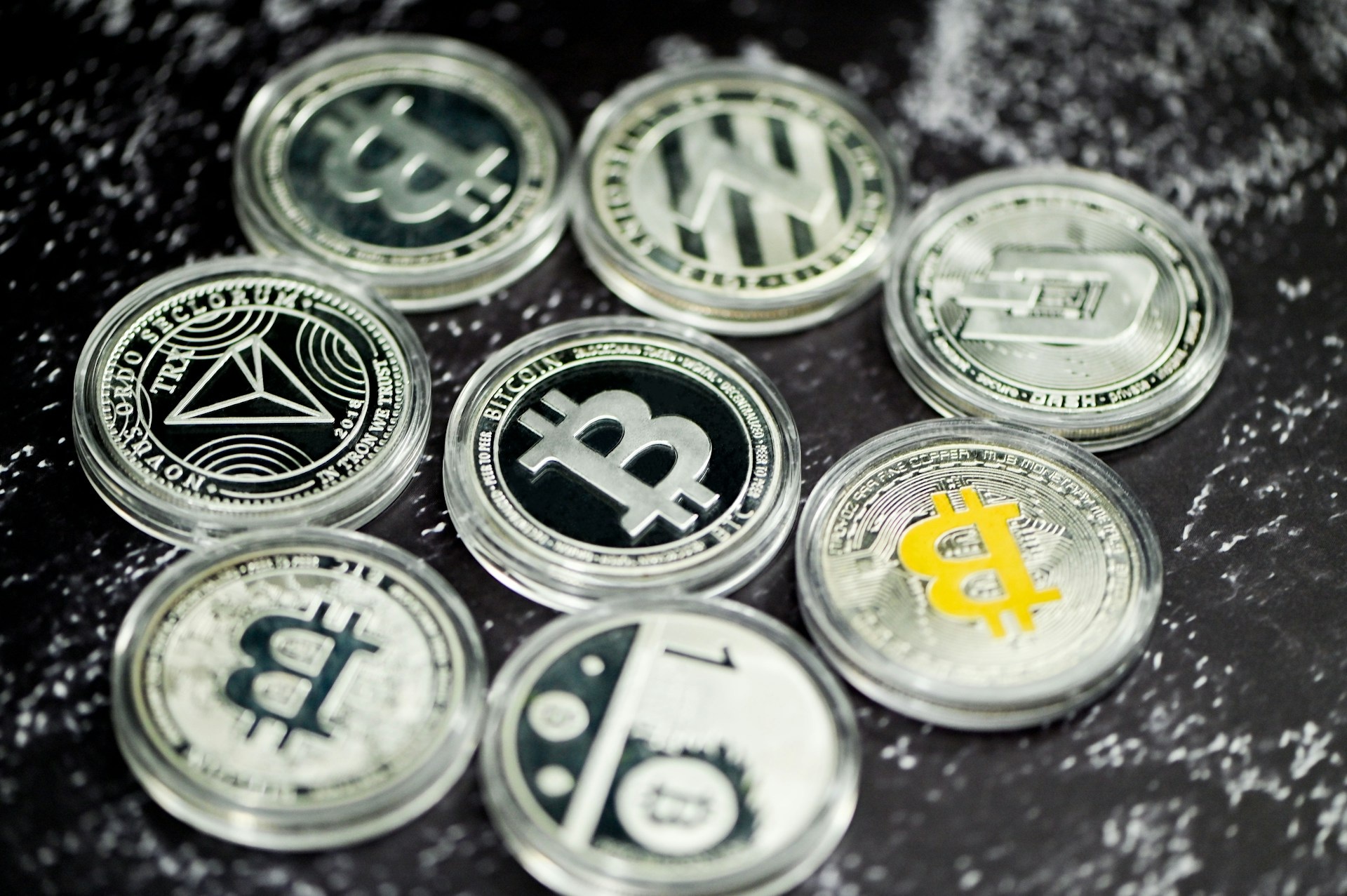
Illustration of digital currencies (Photo: Unsplash).
Some units have shown interest.
Mr. Le Duy Dien predicts that with current regulations, suitable participation includes banks with platforms, securities companies in the same ecosystem or in combination with fund management companies.
At the annual meeting in April, Mr. Nguyen Duc Vinh, General Director of VPBank, revealed that the bank had analyzed and contacted partners to prepare to enter this market.
In August, MB partnered with Dunamu Group - the operator of Upbit - to launch a crypto exchange in Vietnam. Securities companies such as SSI, VIX and TCBS... also contributed capital to establish a company in the digital asset sector.
"Conditional opening to domestic investors is also an important step, first of all for professional investors, along with a mechanism for assessing risk knowledge and appropriate transaction limits. At the same time, the State needs to encourage innovation through policies supporting research and development, implementing technical sandboxes and improving human resources capacity in the fields of custody, information security and market operations," the expert suggested.
Source: https://dantri.com.vn/kinh-doanh/nhung-quy-dinh-nha-dau-tu-can-biet-khi-thi-diem-thi-truong-tai-san-ma-hoa-20250911160728699.htm







![[Photo] Binh Trieu 1 Bridge has been completed, raised by 1.1m, and will open to traffic at the end of November.](https://vphoto.vietnam.vn/thumb/1200x675/vietnam/resource/IMAGE/2025/10/2/a6549e2a3b5848a1ba76a1ded6141fae)
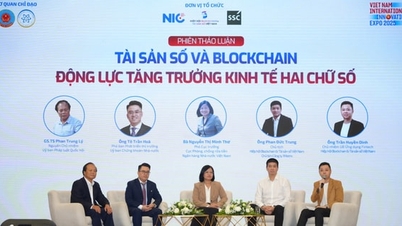



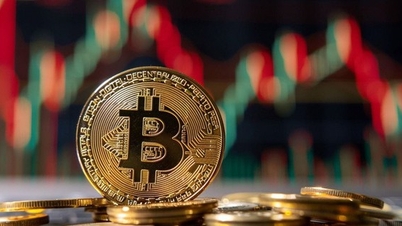

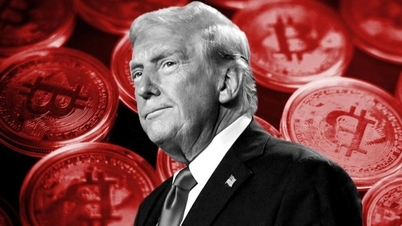
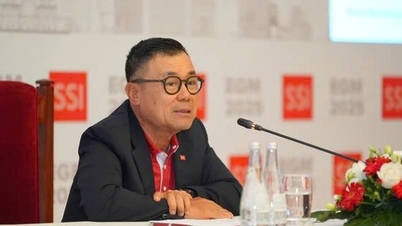



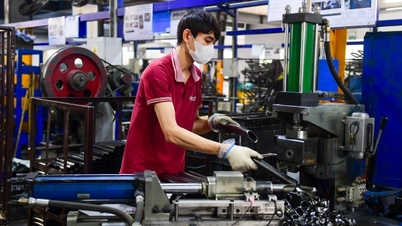


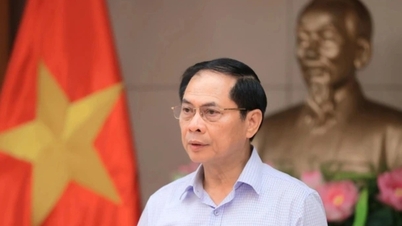

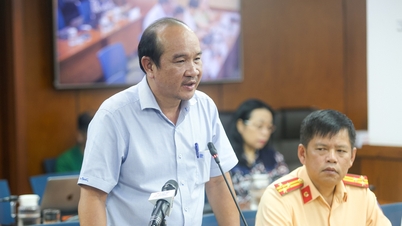







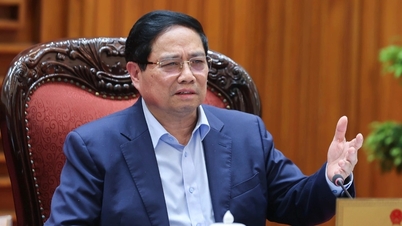
















































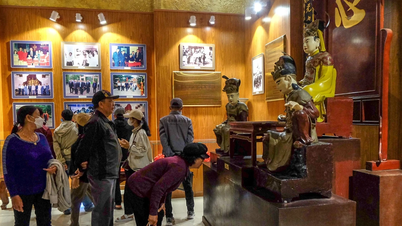

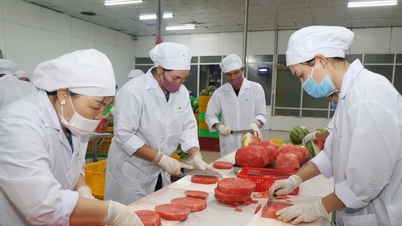

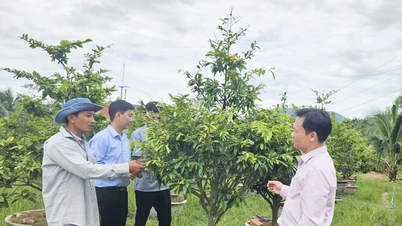
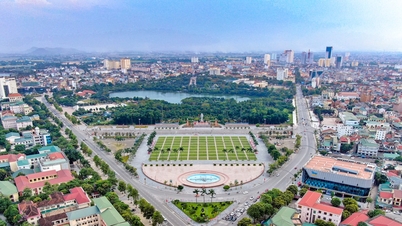

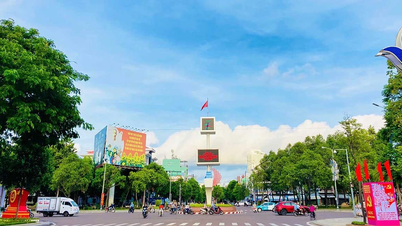
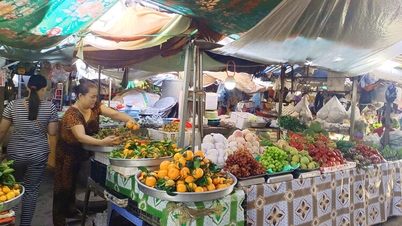














Comment (0)